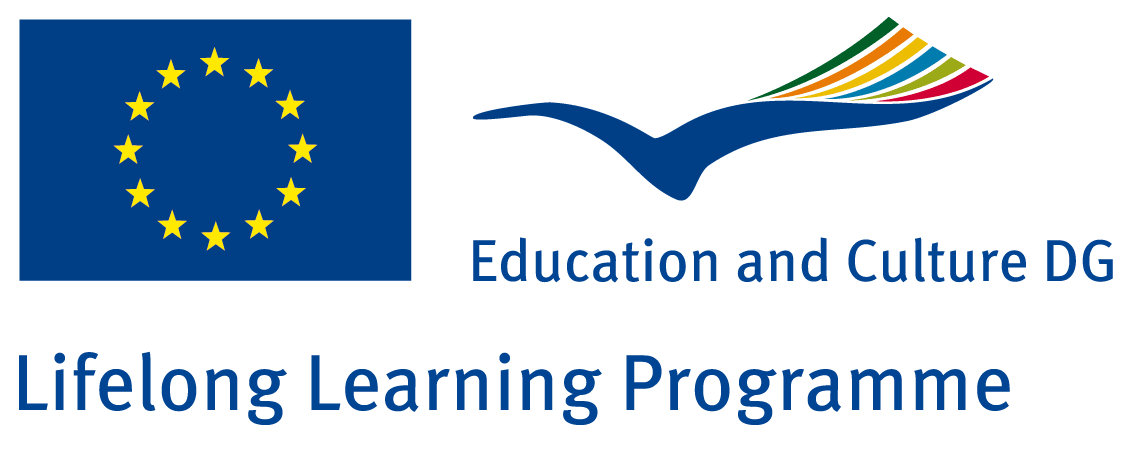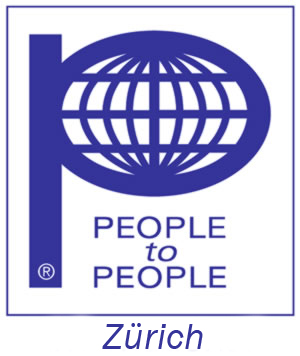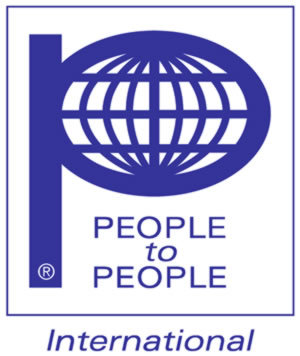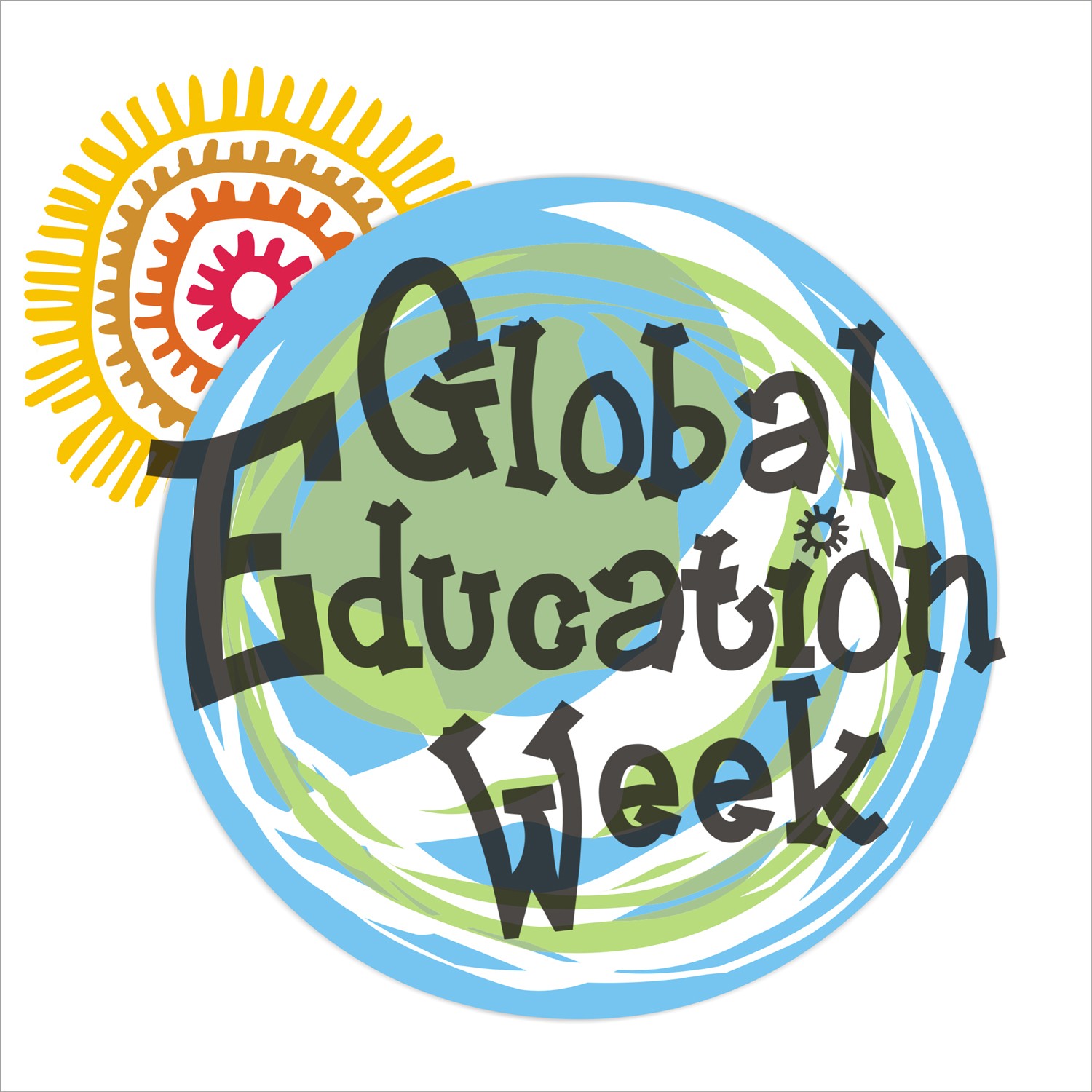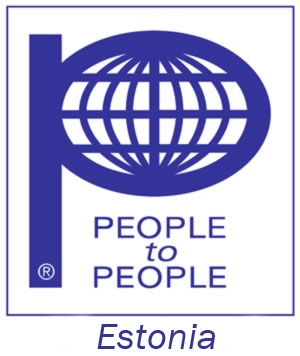Fighting against the virus – “INFODEMIC”
“INFODEMIC” is Erasmus+ strategic partnership project which will start on February 1, 2021 and finish on July 31, 2022.
During the project life-cycle, the partners will develop a guide of best practices for teachers / youth workers in the field of media literacy education.
Media literacy, our capacity to access, have a critical understanding and interact with the media have never been as important as in today's society. It enables citizens of all ages to navigate the modern news environment and take informed decisions.
The coronavirus pandemic has forced us to take a step back from our daily routines. As we spend more and more time at home, we increasingly rely on the Internet for working remotely or video calling relatives and friends. During times of uncertainty, like the ones we are experiencing, engaging with information that is trustworthy is more important than ever.
This infodemic highlights the important role media literacy plays in all aspects of life, including during moments of crisis. Media literacy education is key in ensuring that individuals can find the real facts among all of the half-truths being shared online and beyond, especially when it can literally be a matter of life or death. As we are seeing now, media literacy is not only a matter of education, it can also be a matter of public safety.
We aim to develop critical thinking skills of youth workers and raise the partners’ organisations capacity in the field of new media literacy in five partners’ countries to contribute to the quality of life of young people, emergence of new approaches and development of a more inclusive, tolerant, peaceful society and develop the quality and potential of digital youth work.
The project is built on the rationale that by becoming media literate, youth are able to critically and sceptically analyse media messages they encounter every day, become wiser consumers of media who are capable of evaluating online information and are able to protect themselves from deceptive media messages.
The most obvious project results will be:
- A website with all the info about the project, objectives, activities, downloadable outputs also a platform on “'Media Literacy for Inclusion” with a collection of demand-oriented tools & methods, training programmes, formats for awareness raising activities, short films created during the project life cycle about media literacy education.
- A booklet of exchange of best practices. In this guide book we will share the methodologies being already used in partner organizations or developed altogether with the experiences gained during the project implementation to non-formally educate youngsters in topics of media literacy, checking the facts, hoaxes and media propaganda. Booklet will consist of the following:
A - Presentation of the project, logo, presentation of partners' common definition of best practices
B - Description of best practices collected (title - author - objectives - target - description - innovative elements - impact - conclusion).
C - Testing results with feedback from participants.
D - Conclusion.
The project includes four transnational meetings: the first meeting will be dedicated to project management while from the second onwards, after the training, during each meeting we will focus on the analysis of specific best practices adopted / or identified by each partner.
The purpose of the training course in Malta will be, in particular:
- To exchange experience, tools and best practices concerning media literacy education especially for youth from disadvantaged backgrounds at local/national level;
- To adapt and transfer the best practices identified in the 5 partner countries methodologies based on formal/non-formal education;
- To organise testing activities in each project partners’ country in order to share, analyse, evaluate and adapt best practices selected during the training.
Youth workers will enlarge their knowledge and improve skills on the education of media literacy by sharing and exchanging experiences and best practices with other youth workers in Europe. The project will have a positive impact on youth workers - trainers in terms of:
- better understanding of the project topics – disinformation, media literacy, critical thinking;
- developed critical thinking and media literacy skills to transmit to young people their work with in order to foster their ability to recognise disinformation and counteract on its side effects by changing narratives;
- increased knowledge, skills to put into practice knowledge and new skills acquired in their daily work, thus developing youth critical thinking and promote their participation in their society and countries fighting against disinformation and its side effects.
Youth will participate the local testing sessions of the best practices and they will evaluate them with questionnaires.'' INFODEMIC'' will empower and create a responsible population that can identify, prevent and block misinformation.
Partners
1. Stowarzyszenie Aktywna Integracja Rurzyca, Poland.
2. Incirliova Genclik Kultur Sanat ve Gelisim Dernegi, Turkey.
3. EESTI PEOPLE TO PEOPLE, Estonia.
4. GENISTA RESEARCH FOUNDATION, Malta.
5. SDRUZHENIE WALK TOGETHER, Bulgaria.
__________________________________________________________________
This document has been produced with the assistance of the European Union. The contents of this document are the sole responsibility of the project partners and can in no way be taken to reflect the views of the European Union.
